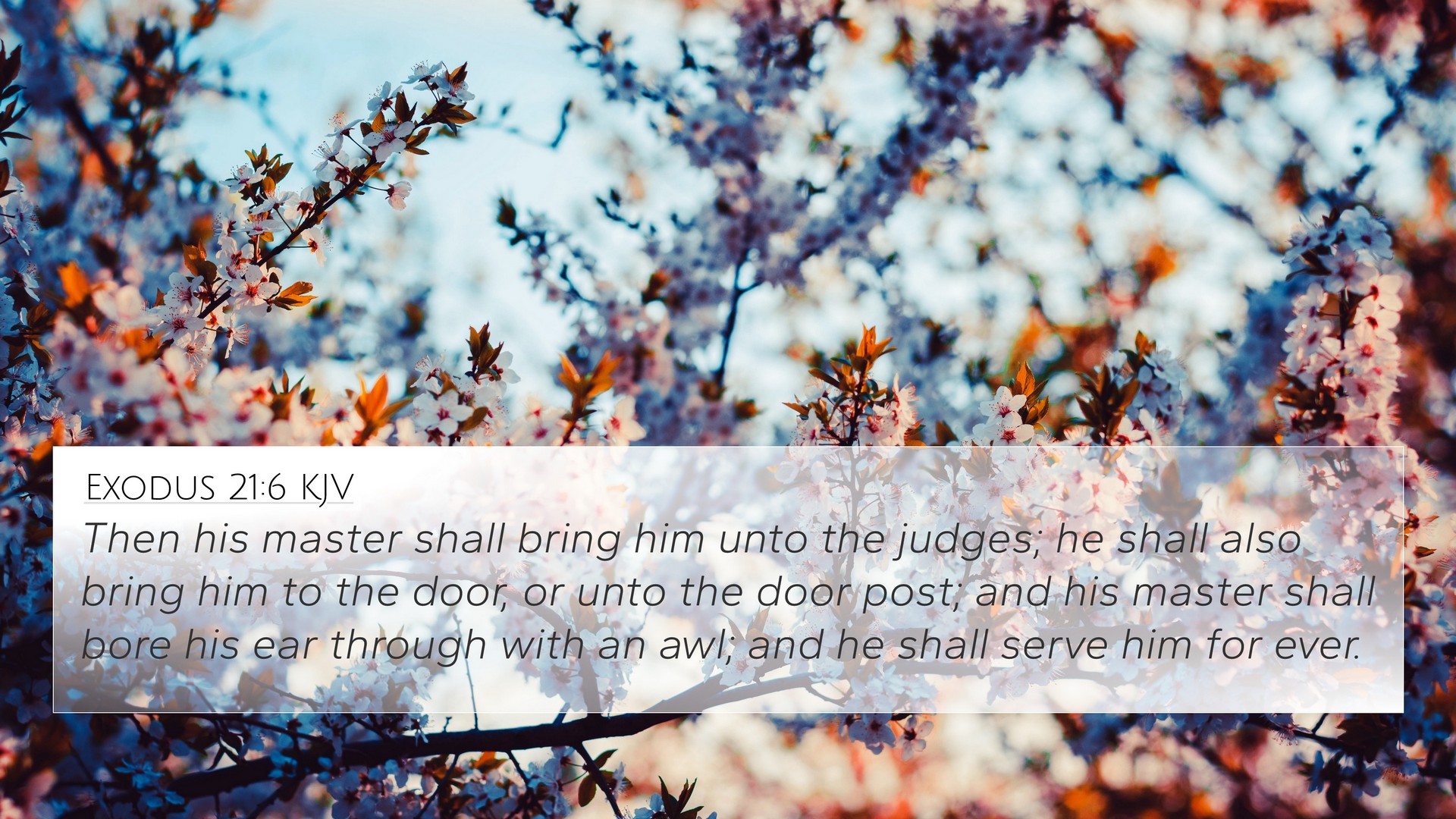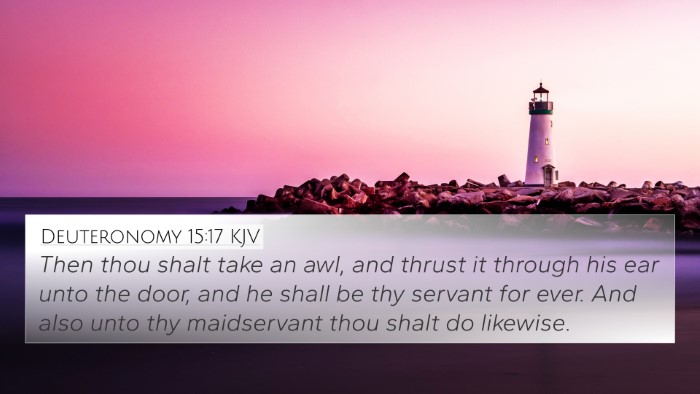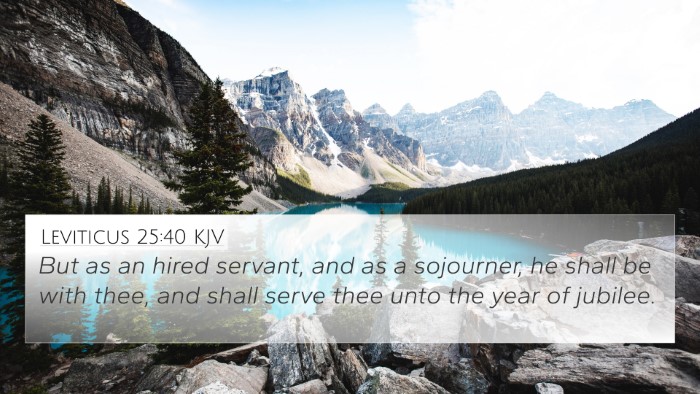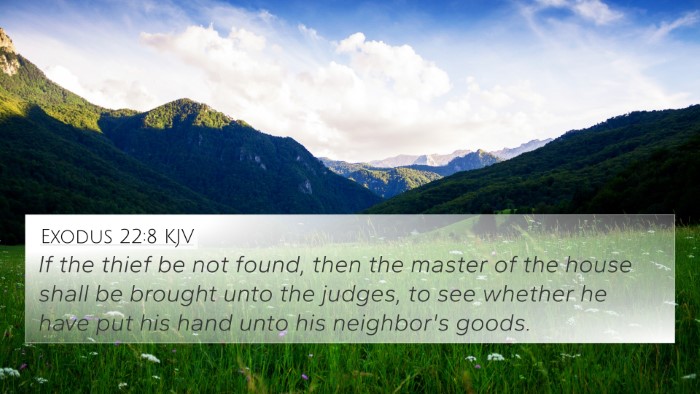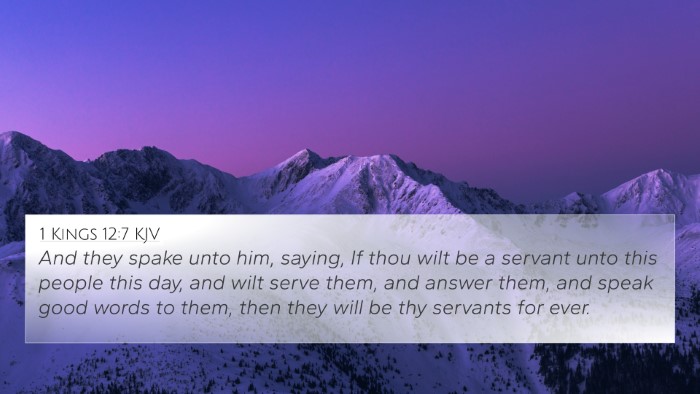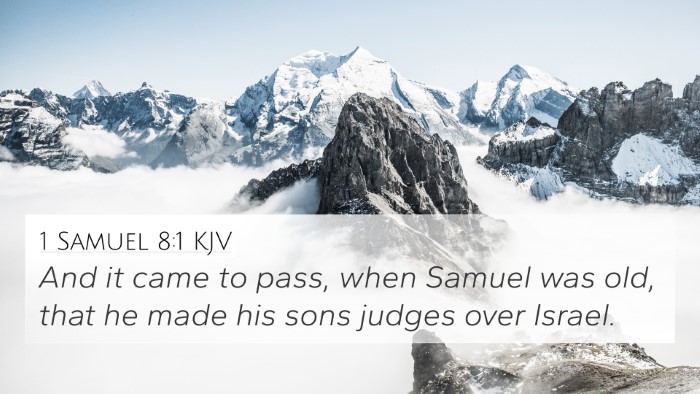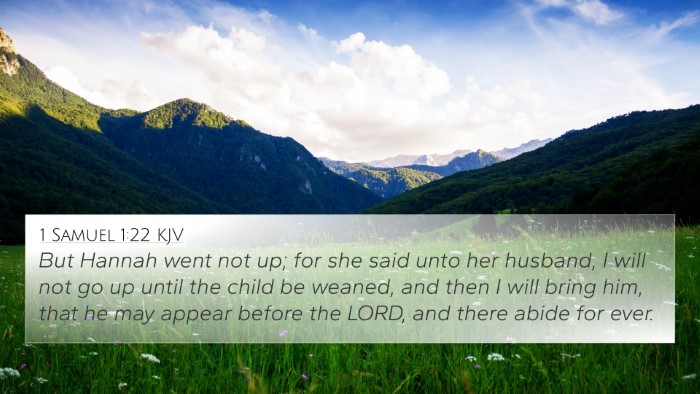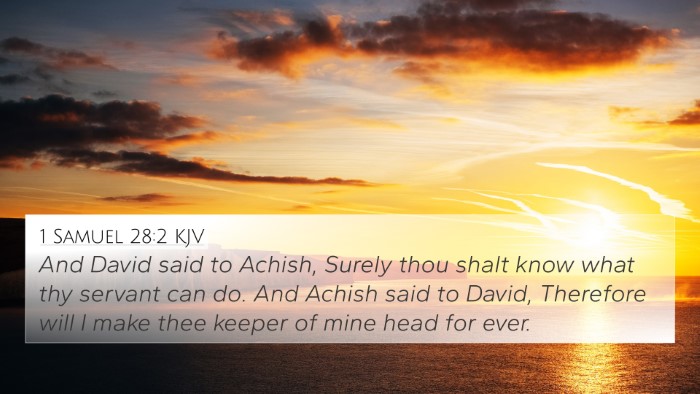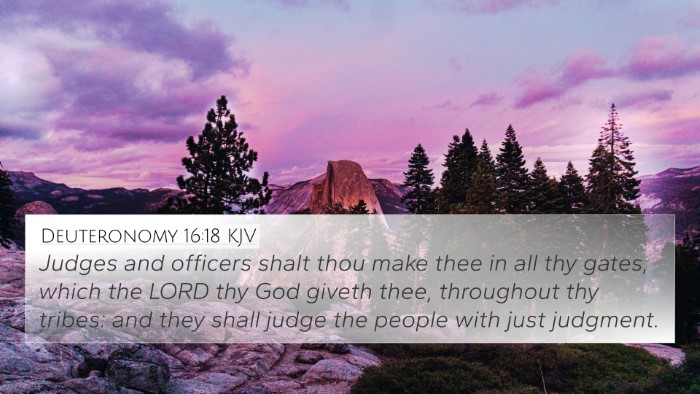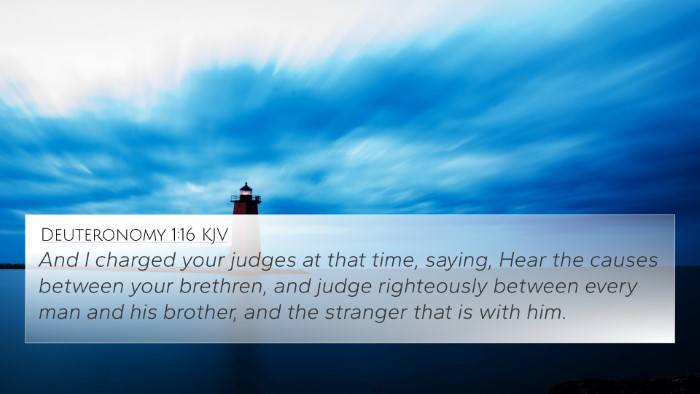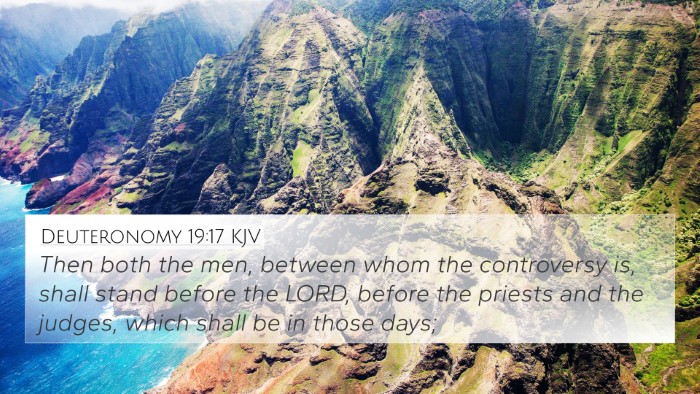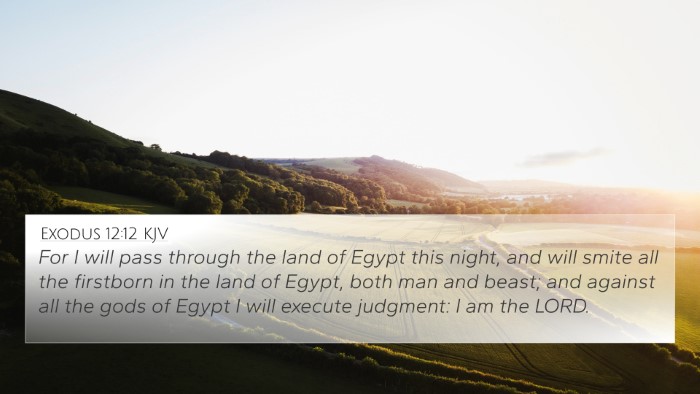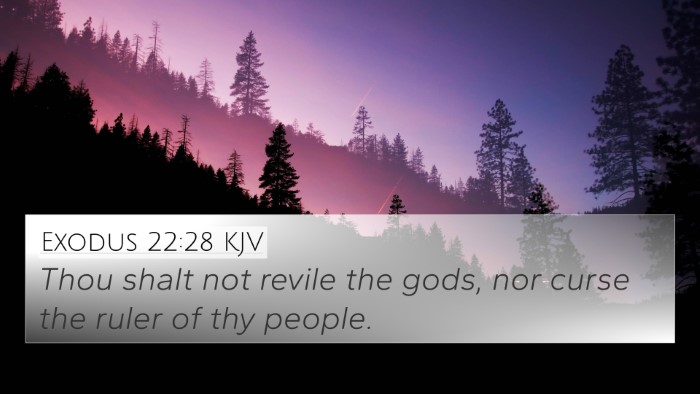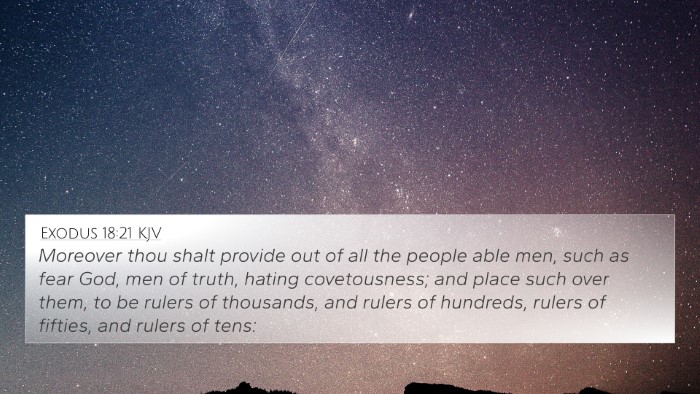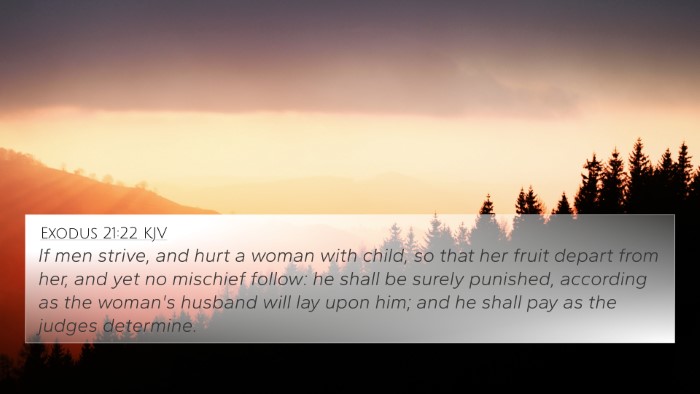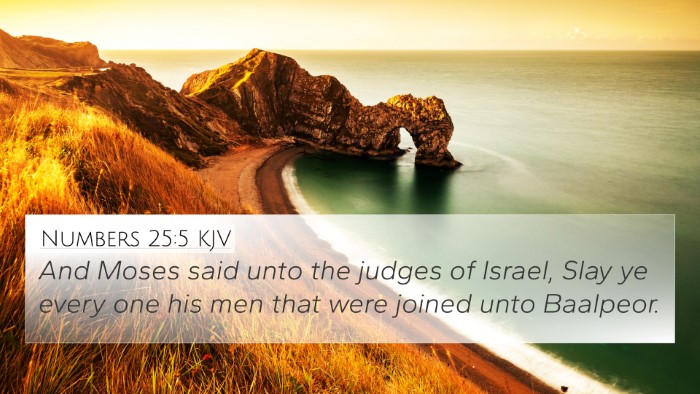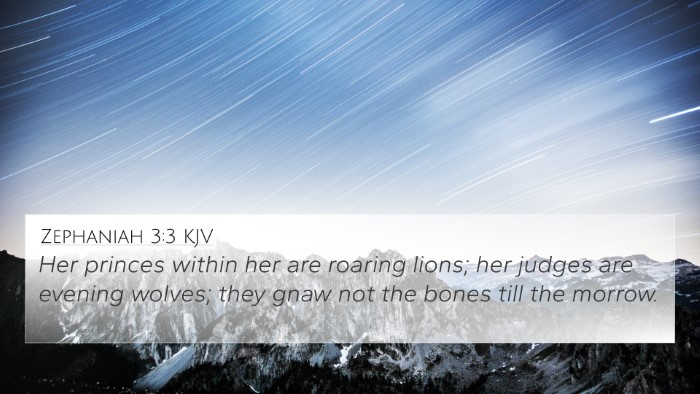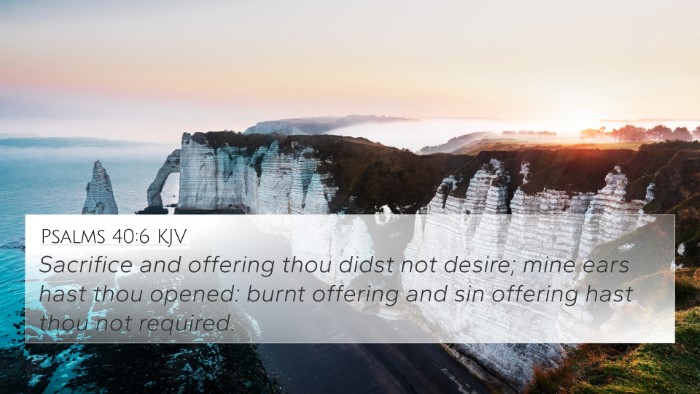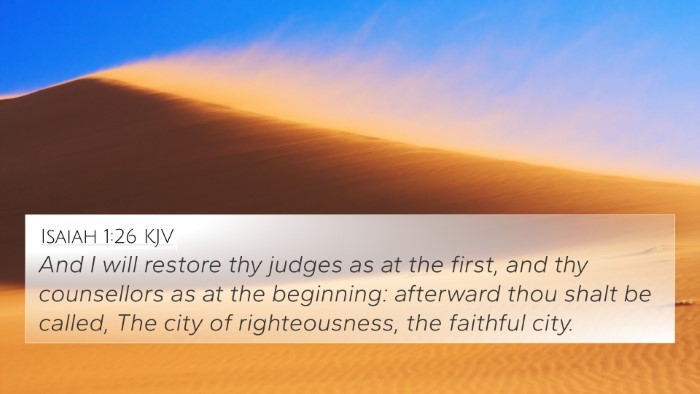Understanding Exodus 21:6
Exodus 21:6 states: “Then his master shall bring him to the judges; he shall also bring him to the door, or to the doorpost; and his master shall pierce his ear with an awl; and he shall serve him forever.” This verse discusses the concept of servitude and signifies a permanent commitment to service.
Summary of Meaning
The verse conveys the procedure for a Hebrew servant who wishes to remain in servitude beyond the stipulated six years. The act of piercing the ear signifies a public declaration of loyalty and commitment to a master. This moment is poignant in exploring themes of dedication, service, and the conditions of freedom versus bondage.
Insights from Public Domain Commentaries
Matthew Henry's Commentary
Matthew Henry emphasizes the significance of the ear-piercing ritual as an outward symbol of an inward decision. The servant voluntarily chooses to remain with his master, indicating a bond forged through mutual respect and understanding. In this context, the ear symbolizes the ability to hear and obey. Henry also notes that this reflects a unique form of commitment that goes beyond the legal obligation, suggesting profound loyalty.
Albert Barnes' Notes
Albert Barnes provides insights into the cultural aspects of servitude in ancient Israel. He explains that the act of piercing the ear is a covenant sign, marking the servant’s transition from a state of bondage into a chosen and willing service. Barnes also highlights how this symbolizes the deeper relationship between God and His people, where servitude is seen as a form of discipleship.
Adam Clarke's Commentary
Adam Clarke discusses the legal implications of this practice, noting that it was a formality meant to protect both the servant and the master. The ear-piercing act is a significant sign of the servant's lifelong desire to serve, emphasizing a voluntary aspect that contrasts sharply with forced servitude. Clarke points out that such arrangements stemmed from a context of love and mutual benefit rather than oppression.
Thematic Connections and Cross-References
This verse interlinks with various other scriptures that discuss servitude, commitment, and the relationship between masters and servants. Here are some significant Bible cross-references that enrich our understanding of Exodus 21:6:
- Leviticus 25:39-46: Discusses the laws governing Hebrew servitude.
- Deuteronomy 15:12-17: Details the conditions under which a servant may choose to remain.
- Isaiah 50:5: Presents the theme of listening and servitude in the context of being called by God.
- Luke 16:13: Highlights the concept of serving two masters, inviting reflection on loyalty.
- Romans 6:22: Emphasizes being a servant of God and the resultant benefits of such service.
- 1 Corinthians 7:21-23: Talks about the status of believers concerning their position of servanthood.
- Galatians 5:13: Encourages believers to serve one another in love, mirroring the heart behind Exodus 21:6.
Inter-Biblical Dialogue
The discussion of servitude and commitment has parallels throughout the Scripture. By examining these connections, believers can gain richer insights into biblical themes of loyalty, service, and the nature of relationships.
Tools for Bible Cross-Referencing
For deeper studies, consider utilizing a Bible concordance or a Bible cross-reference guide to explore links between these themes across scriptures. Resources that provide comprehensive Bible cross-reference materials can enhance understanding.
Conclusion
Exodus 21:6 serves as a powerful reminder of the nature of commitment in service, urging readers to reflect on their own commitments, both human and divine. The exploration of this verse through public domain commentaries enriches the understanding of biblical texts and their relevance today.
